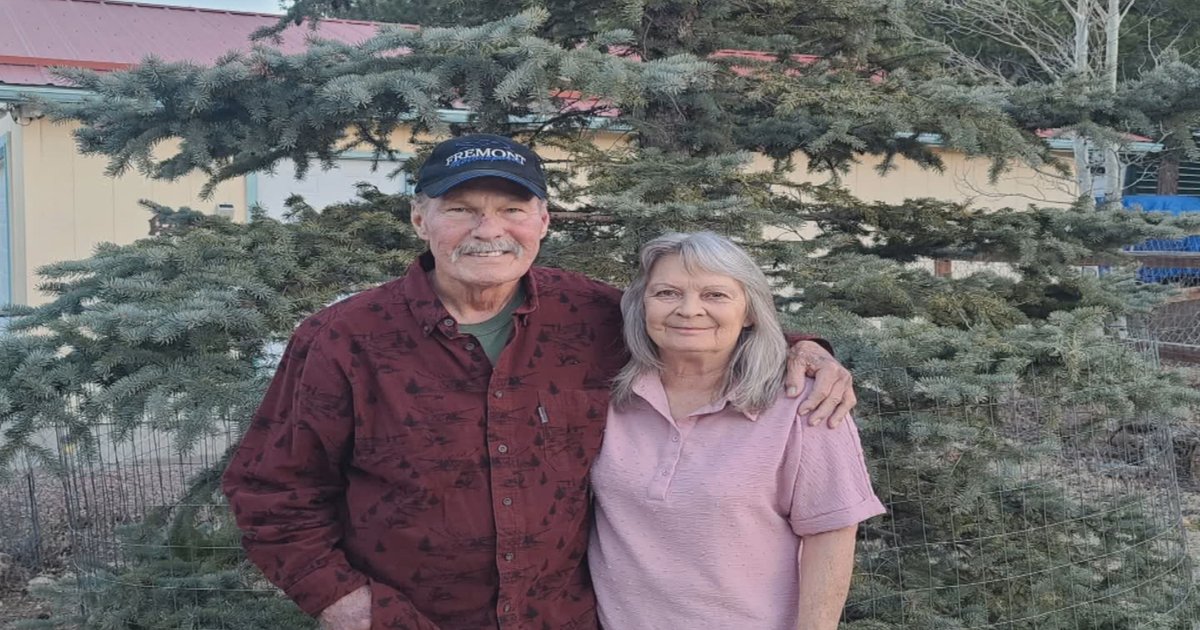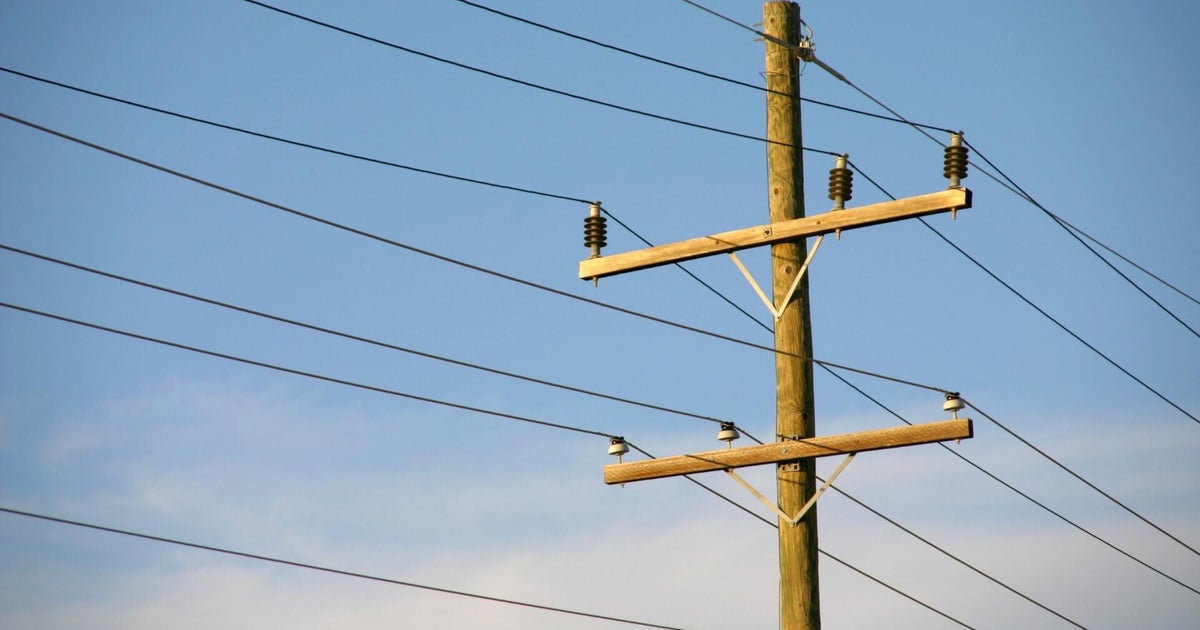Report: Bone, Blood, Bugs And Hair Found On Surgical Instruments
DENVER (CBS4)- State and federal investigators have released their reports into the sterilization issues of surgical instruments at Porter Adventist Hospital, two months after the hospital resumed surgeries.
Porter Adventist Hospital has revealed that 5,800 patients were notified they could have been affected by surgical instrument cleaning issues. The hospital says the risk is extremely low, but continues to offer free testing for those who want them.
The original issue that happened at the hospital is now being called a human problem. It's been determined instruments for orthopedic and spine surgery were not properly scrubbed. Hospital officials tell CBS4 that the bone and tissue material is difficult to remove.
The reports released on Tuesday highlight the deficiencies found as well as a plan of action to correct the problem.
The Colorado Department of Public Health and Environment conducted extensive interviews with hospital staff who reported, in dozens of cases, finding instruments clogged with blood and others with bone or hair stuck to them.
The department found that the hospital failed to provide proper oversight and sufficient staffing levels which ultimately led to the careless sanitation techniques.
In one interview with a manager, there was an admission that the sterilization process was unsafe due to the lack of staffing.
When the hospital documented a rise in surgical site infections, there was no evidence any action was taken to address the issue and the cases continued to rise.
According to CDPHE:
- The facility experienced system failures that led to inadequate sterilization of surgical equipment.
- Seventy-six instances of contaminated surgical instruments and trays were found from Jan. 1, 2017, to April 2, 2018. The contaminants included chunks of bone, blood, cement, black residue, dead bug and hair.
- Delays occurred in scheduled surgeries because clean instruments were not available in a timely manner.
- Surgeries were interrupted because clean instruments were not available.
- The facility did not report some surgical site infections to the national data bank, the National Healthcare Safety Network operated by the CDC, because of the inadequacy of the surgical site infections tracking system.
The department is determining whether to impose any licensure sanctions. Health officials say "since the facility is certified by the Centers for Medicare and Medicaid Services, CMS may, at its discretion, impose sanctions."
The report does indicate some changes that Porter Hospital made, including approving overtime so that more staff was available to clean instruments.
The plan of correction requires the hospital to:
- Establish a staffing plan to ensure adequate staffing and oversight of the sterile processing department
- Provide training and competency-testing of staff regarding appropriate sterilization techniques
- Conduct tracking and trending of data regarding surgical equipment sterilization and surgical site infections for correction of processes when indicated
- Establish workflow patterns for the sterile processing department to prevent delays and interruptions of surgeries
The Colorado Department of Public Health and Environment will continue to monitor compliance with the plan.
The investigation began Feb. 22 and ended April 17.
Porter Adventist Hospital is part of the Centura Health system.
CBS4 reached out to Porter Adventist Hospital. Officials say they couldn't comment, but did say it was aggressively collaborating with the health department and patient safety is the top priority.
Additional Information From Colorado Dept. of Public Health and Environment:
Porter has established a hotline for patient questions. The phone number is 303-778-5694.
The public can call the Colorado Health Emergency Line for Public Information (COHELP) at 303-389-1687 or 1-877-462-2911 for general questions about surgical site infections, HIV, hepatitis B and hepatitis C. COHELP hours are 9 a.m. to 7 p.m. Monday through Friday and 9 a.m. to 5 p.m. Saturday and Sunday. The public also can email COHELP at COHELP@rmpdc.org







